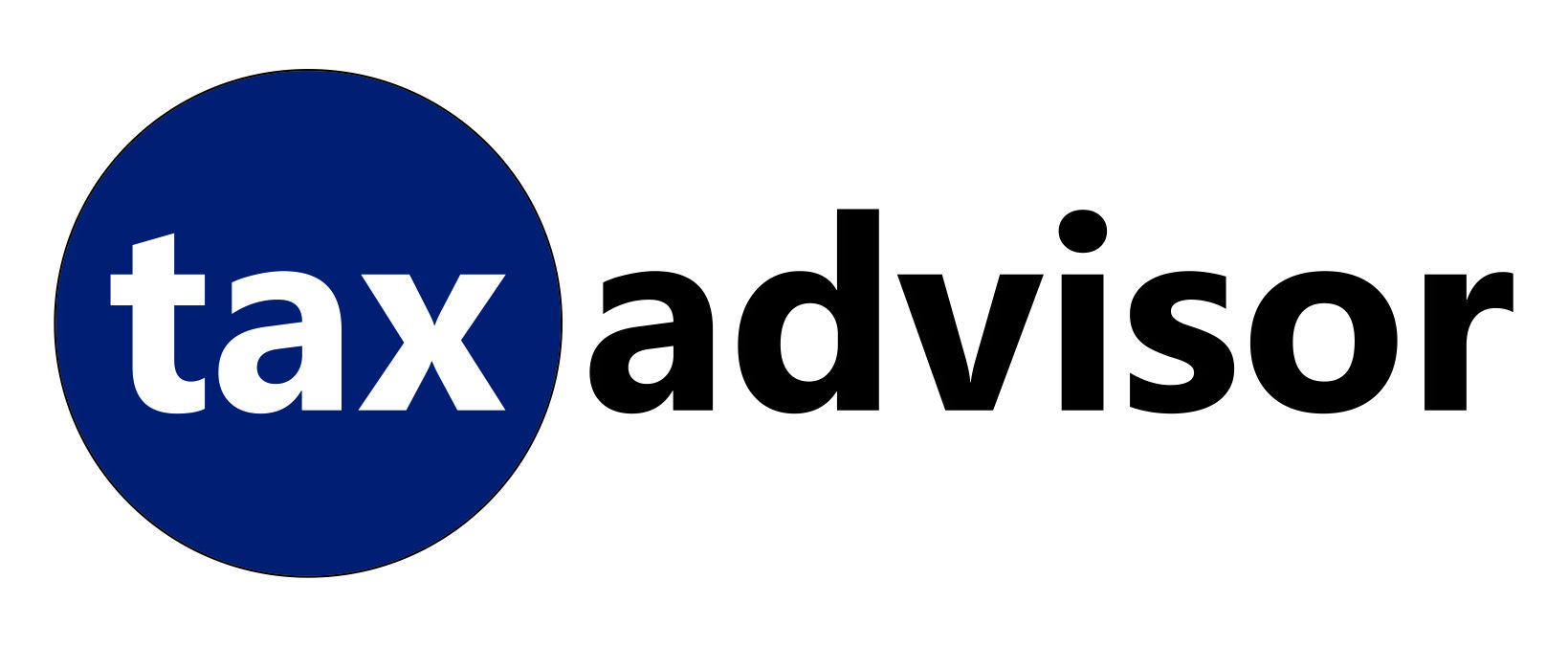The impact of COVID-19 on GST regimes: Areas that could change
Compared to previous financial crises, the COVID-19 pandemic has elicited a very different response to indirect tax regimes in particular, because governments have been unable to lean on policies that might increase demand, the standard fiscal stimulus for an economic downturn. Instead, many governments are adjusting VAT/GST regimes in real-time to assist financial liquidity to help households and businesses through the immediate storm. In this blog we look at what effect this political and economic volatility will have in the longer term and the unintended consequences that fast-moving regulatory changes are having now.
Looking beyond the crisis – a time for change
In the first half of 2020, governments around the world imposed sudden and strict measures to contain the spread of the coronavirus. As a result, a large number of businesses saw their revenue decrease or, in some cases, disappear completely, whilst they still incurred fixed running costs and tried to operate remotely from home offices. These realities have led to a number of significant VAT/GST issues.
Some businesses found that, with their costs outweighing their income, they had become a repayment trader, and needed to recover VAT. Others changed their business model and found themselves in unexpected territory. Some repurposed their production lines to make items such as hand sanitiser or medical devices, only to encounter unexpected VAT/GST issues when they donated those goods rather than selling them. Buildings and arenas have been used as accommodation for key workers or as field hospitals, and this change of use carries VAT implications. Many businesses were simply trying to survive or to ‘do the right thing’ and often were not in a position to consider the VAT/GST consequences in advance. Good intentions can prove costly if businesses fail to carefully consider the VAT/GST position.
The education sector in particular has been hit hard by these unexpected consequences. During the COVID-19 crisis, many of PwC’s education sector and training provider clients have taken the necessary actions to enable them to continue to provide degree courses and training for their students and swiftly moved to deliver online tutorials and distance learning. From an indirect tax perspective, these changes may raise a number of issues, including about the nature of and place of the supply, which can carry substantial VAT registration and compliance implications.

